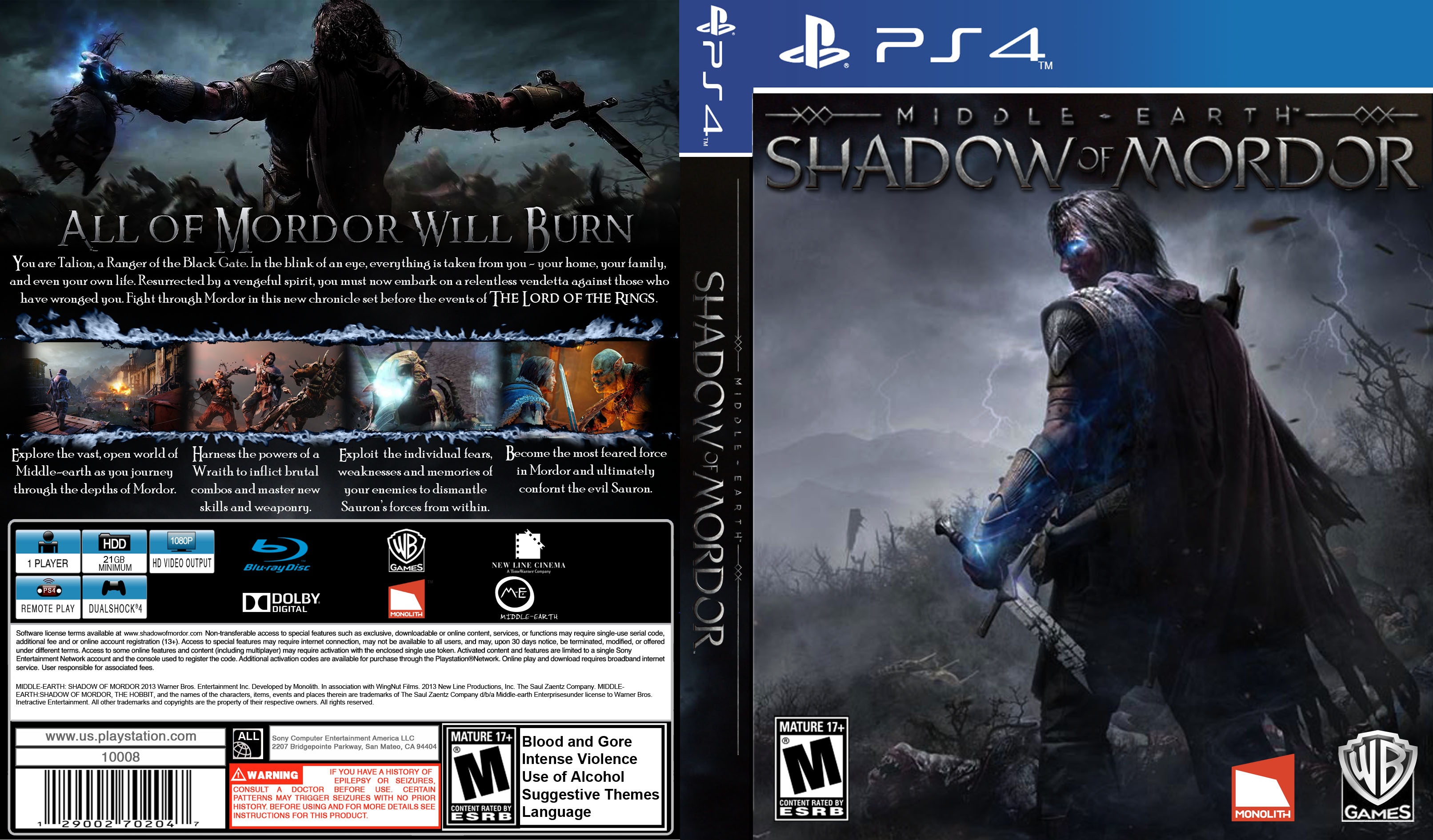

Regardless, the premise is an enthralling one that kept us latched to the story’s mysteriousness, imaginative usage of Tolkien’s ideas and world, and deep connection with major and obscure elements of Middle-earth’s broad history. Hardcore Tolkien fans will notice the creative liberties taken here, such as with a Wraith being able to bind himself to a “dead” man and how loose points between the main books’ stories are boldly addressed with original and established characters (like Gollum and Sauron) that play with the lore. Their situation is a result of sharing in similar pain and desired vengeance, and they must work together in Mordor and fulfil what they’ve left unfinished in life.

To his horror, Talion awakes later on, barred from death and bound to an Elven Wraith who has forgotten his past. Sauron marks his return by sending his Black Captains and Orcs to the Black Gate, and Talion and his family are murdered during this assault in a disturbing, sacrificial manner for unknown reasons. Not much has happened in many a year past, so Talion’s wife and son are restless in being confined to the desolate fringes of Mordor, which they’ll unfortunately never leave. Our journey takes place between the events of The Hobbit and The Lord of the Rings, with Talion, one of the few Gondorian Rangers left, patrolling the Black Gate, which is an outpost where men stand watch should Sauron come back to Middle-earth. It’s probably both, but we believe that Monolith Productions’ latest stands as one of the first commendable successes for the franchise in the video game realm, finding a balance in combining and improving upon elements drawn from obvious inspirations, while making a name for itself with innovative design that sets a benchmark for future games to meet. Much of this problem could be attributed to the Tolkien Estate, which has been difficult with game developers about the IP since the beginning, or you could say that game developers have just never done justice to the captivating beauty, depth, and lore of J.R.R.’s epic fantasy universe. Of course, we’re referring to Middle-earth: Shadow of Mordor, and the many Lord of the Rings titles before it.

It’s natural to be sceptical about licensed video games, and everyone has the right to feel this way about them, especially when a blockbuster-sized one comes around with a burden of expectations and hype to live up to, despite having a broad ancestry of mediocre releases.


 0 kommentar(er)
0 kommentar(er)
